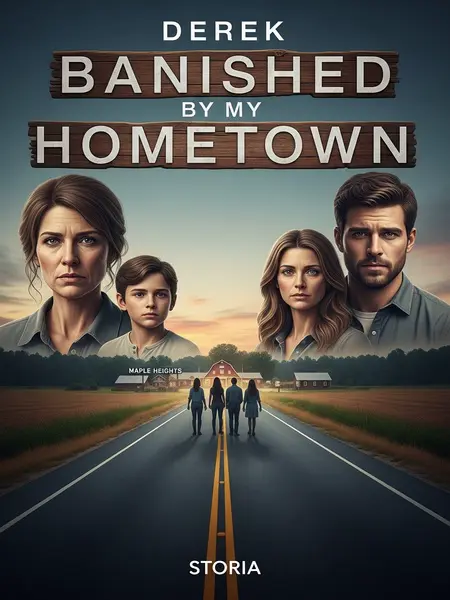Chapter 6: The Price of Loyalty
How much do I have in savings? I wouldn’t dare say, nor could I. Some people would be jealous, others would feel so ashamed they’d want to crawl under a rock.
When I’m at a club, drinking $5,000 bottles of wine and having ten women line up to recite Shakespeare for me, Maple Heights neighbors are still agonizing over whether to buy pork at $5.99 a pound now, or wait for the sale at $5.79.
Maple Heights has little arable land. If we grew corn, we’d starve. If not for the county’s support, plenty of people would go a year without eating steak. No one knows which generation started it, but the town switched to growing medicinal herbs. Same area, herbs are worth more than corn.
Since I’m in this business, I took over buying the town’s herbs. Whether out of sympathy or to save face, I buy at the highest market price every year. In just a few years, the changes in town are obvious. Every house built big, new roofs, and their bank balances keep growing.
Honestly, I don’t make money buying Maple Heights’ herbs—sometimes I even lose money. Though we agreed on a 0.3% commission, it’s not enough. Not to mention, just the fleet of trucks coming to load goods—there’s always a temporary surcharge. Why? The road is too bad. What can I do? I can’t ask neighbors to cover the extra costs. I can only lose money myself while helping the town get by.
I just want everyone to remember my good deeds—that even with money, I haven’t forgotten my hometown. Luckily, my business is big enough—one town won’t bankrupt me. Frankly, of Maple Heights’ 113 households, except mine, everyone relies on me to eat. I don’t ask them to build a statue of me and light candles every Sunday. Just hope they remember my kindness and treat my parents well. Because my parents still live in town.
But in reality, wholehearted giving doesn’t always get rewarded. The town wanted to build a road—everyone supported it. But the money had to come from the neighbors themselves. The council had nothing but that office—not a penny—so the neighbors had to pay for the road. Mike Sanders ran around contacting contractors and somehow got a quote. To build the road well, the budget was $200,000. Maple Heights has 113 homes, so evenly split, it’s just under $2,000 per family. A hundred is a bill, but two grand is a stack. Every family could afford it, but no one wanted to pay.
The town held several meetings, but they all turned into poverty contests. If this kept up, the road would never get built. To prevent my parents from suffering the same fate as the manager’s mom, I took the lead and pledged $150,000. The remaining $50,000, split among the rest, was just a few hundred per family. The road project was decided that day.
But unexpectedly, after contributing 75% of the funding, my family was left out of the road. This is even worse than freeloading. The whole town relies on me to eat. Not only do they not appreciate it, they want to push me around—what kind of people are these?
If I don’t call them out to their faces, do they not know who’s boss?
“Derek, building the road is important. We all agreed at first—you can’t back out now. If you don’t pay, the road can’t be built.”
“You’re going against the whole town.”
Hearing I wouldn’t pay, the manager’s eyes darted and he started to persuade me. Of course, he was really threatening me. I thought about the last time someone tried to guilt me with the 'whole town' speech. It usually meant they'd already taken what they could, and now they wanted me to take the blame for standing up for myself.













